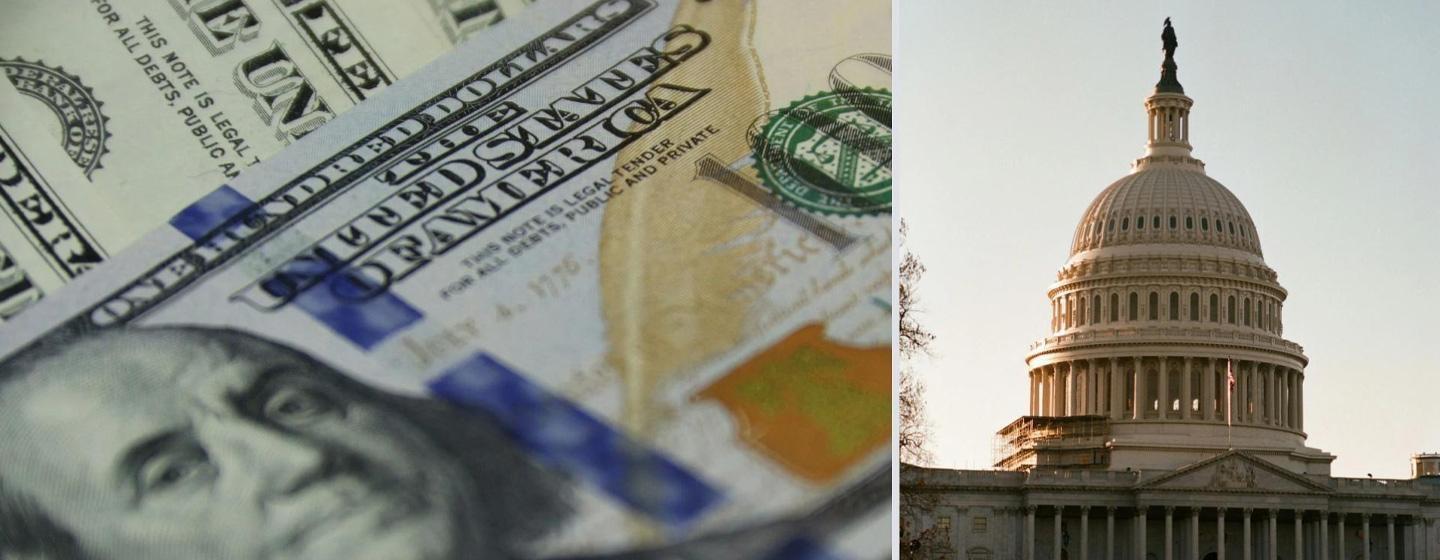PBS Utah is part of the nationwide PBS member station network that includes 170 locally-operated, locally-controlled, locally-focused public television licensees — funded in part by the Corporation for Public Broadcasting (CPB). Together, that network reaches almost 97 percent of Americans, giving them free and accessible programs, regardless of population density, income or geographic challenges.
Every day, PBS Utah brings family-friendly educational programs, emergency alerts and warnings, and community connection to the entire state of Utah. This public service is possible because of strong partnerships and resources from the state of Utah, the University of Utah and the Corporation for Public Broadcasting.
What is CPB's role in public broadcasting?
The CPB is a private, nonprofit corporation authorized by Congress in the Public Broadcasting Act of 1967. CPB’s mission is to ensure universal access to non-commercial, high-quality content and telecommunications services. The CPB is distinct from PBS and NPR, and does not produce programming or own, operate or manage any public media stations. The vast majority of federal funding goes from CPB to local public media stations like PBS Utah.
Federal funding for public broadcasting is an irreplaceable investment in local communities which is broadly supported by the American public. At about $1.60 per person per year, and less than .01% of the federal budget, federal funding for public broadcasting provides an exceptional return on investment through public safety partnerships, educational services and homegrown programming.
Why do PBS Utah and other public media stations need federal funding?
Even though support from members makes up the bulk of PBS Utah’s funding, federal funding from the CPB makes public media as you currently know it possible. Because of CPB funding, PBS Utah is able to:
- Provide high quality educational children's programming to families throughout the state. This programming is ranked #1 by parents in helping to prepare children for school.
- Produce local shows, such as The Hinckley Report, This Is Utah, and Utah Insight, which explore the issues, culture, history and experiences important to our state.
- Create spaces for important conversations throughout the state through screenings, panel discussions, and our innovative Book Club in a Box program.
- Issue alerts from the National Weather Service, FEMA and other state and local emergency alerts. Public television’s infrastructure enables cell subscribers to receive geo-targeted text messages in the event of an emergency -- reaching them wherever they are in times of crisis. Public television, through PBS WARN, provides the only nationwide situational awareness tool used for public safety officials to track and monitor the effectiveness of those alerts.
What would happen if PBS Utah lost part or all CPB support?
The essential services and content PBS Utah provides, and our ability to deliver them throughout the entire state, would likely be impacted. The public/private partnership that federal funding through CPB represents ensures that PBS Utah can make decisions about content and services based on community needs and not whether something is commercially viable.
How would the national network as a whole be affected?
Eliminating federal funding for public broadcasting would mean the end of universal delivery of the essential services to the American people that the PBS system provides, and it would have a devastating impact on local stations and the communities that depend on them.
What can you do?
Many of you have contacted us to ask what you can do to support PBS Utah. Here are a few ways to make your voice heard.
- Make a personal gift and urge others to support PBS Utah and other local public media stations— your financial support is so important.
- Visit Protect My Public Media to show your support of public media.



